Mike Tyson on a Dangerous Hunt: Is He Really Saving White Lions or Just Playing God?
Is Tyson’s private collection of endangered white lions a noble effort to save them, or a reckless power play that could doom them to extinction? Dive into the shocking truth behind Tyson’s hunt for more—and the moral dilemma it creates. Don’t miss the debate on whether it’s right or wrong to treat these rare creatures as personal trophies. Are we witnessing a conservation hero, or a self-serving collector destroying everything we’re trying to protect?
White Lions – A Dying Symbol of Power on the Brink of Extinction
White lions, once celebrated as rare and majestic symbols of strength, are now teetering on the edge of extinction. These incredible creatures, whose survival is increasingly at risk due to poaching, habitat destruction, and human interference, have been listed on the IUCN Red List of endangered species. The reality is shocking: as the number of white lions dwindles, they are rapidly becoming a symbol of what we stand to lose. And in the middle of this crisis, Mike Tyson—legendary boxer and notorious figure—has decided to step in, claiming ownership of three white lions. But the question must be asked: Is Tyson’s decision to keep endangered species as pets an act of conservation or a reckless display of power?
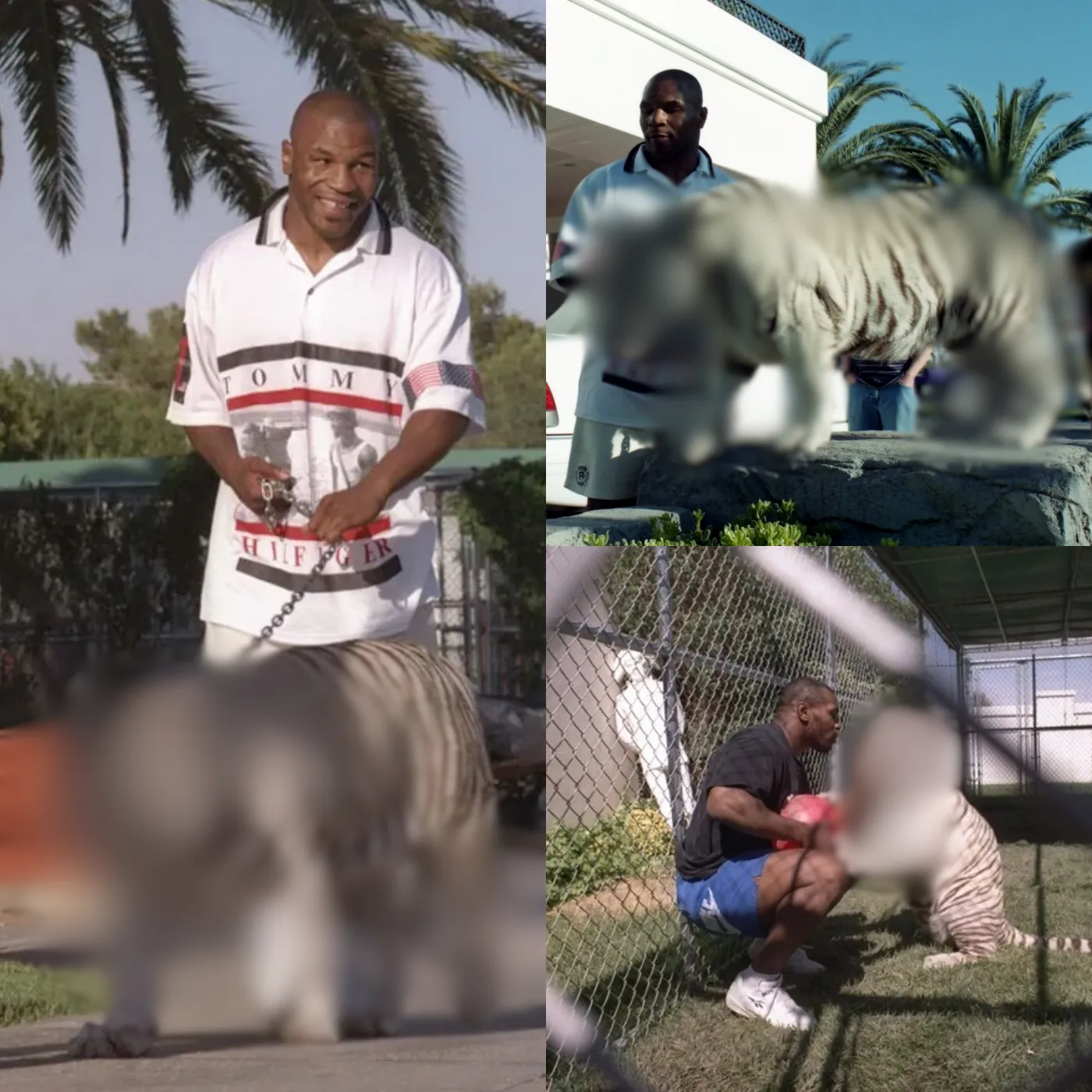
Keeping White Lions at Home: Is This Ethical or Irresponsible?
Tyson’s controversial decision to keep three white lions is raising serious ethical questions. While he argues that he is protecting these magnificent creatures, the reality is much more complicated. These lions, some of the most endangered animals in the world, are meant to roam free in their natural habitats—not to be confined to a private estate. Tyson may claim to be providing them with a safe environment, but how can we ignore the fact that these animals, by nature, belong in the wild? In a world where conservation efforts are increasingly crucial, is it truly ethical to keep such rare creatures locked up for personal pride or ego? This isn’t just about Tyson—it’s about whether it’s ever morally acceptable to treat endangered species as private property. The question arises: Should human beings be allowed to keep such endangered animals, or are we crossing a dangerous line?
The White Lion Obsession: Conservation Effort or Self-Indulgent Stunt?
Tyson’s fixation on owning and collecting rare white lions raises alarm bells. His pursuit of yet another white lion is seen by many as a troubling obsession, one that goes beyond mere conservation. In fact, many argue that his actions are a direct contradiction to the true goals of wildlife preservation. Rather than supporting efforts that protect these animals in their natural environment, Tyson seems to be turning them into a luxury commodity. His decision to hunt for more white lions is not just controversial; it’s dangerous. Is Tyson genuinely helping protect these animals, or is he simply indulging in a morally questionable display of wealth and power? This raises a deeper, more pressing question: When does the desire to “save” endangered species become an excuse for private ownership and exploitation?
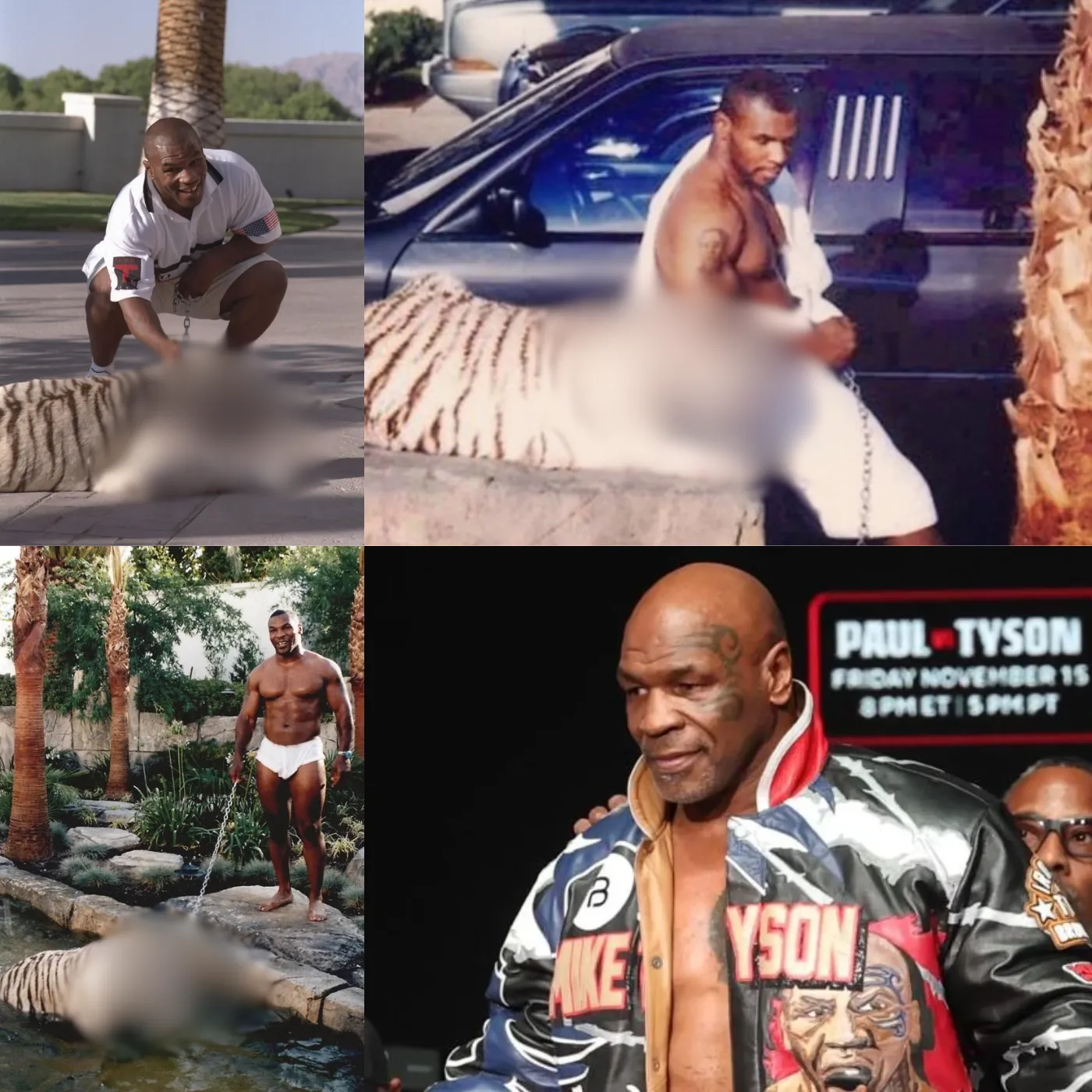
The Moral Dilemma of Owning Endangered Animals: Where Do We Draw the Line?
At the core of this controversy lies an uncomfortable question: Is it ever right to own a white lion—or any endangered species—regardless of intent? The idea of keeping such rare and vulnerable creatures as pets is deeply troubling. While Tyson may believe that by owning and protecting these animals he is making a positive impact, the broader conversation is much more complicated. Many wildlife experts argue that such private ownership contributes nothing to the survival of the species and, in fact, can have harmful consequences. The question now isn’t just about Tyson’s personal actions; it’s about whether society as a whole should be supporting the idea of keeping endangered animals in private care. Can we justify the ownership of an animal like a white lion, no matter how well it’s treated, when its survival depends on protecting its natural habitat?
Mike Tyson: A Conservation Hero or a Self-Serving Collector?
Mike Tyson’s controversial ownership of white lions sparks a much-needed conversation about the ethics of animal conservation. While Tyson insists that he is acting out of a desire to protect these animals, the underlying reality is far murkier. Conservation isn’t about collecting rare animals for personal pride—it’s about ensuring their survival in the wild. Tyson’s actions could very well be undermining legitimate efforts to protect these creatures by placing them in unnatural, restrictive environments. The question that lingers is this: Is Tyson’s so-called conservation effort truly helping the white lions, or is it simply a misguided attempt to satisfy his own desires? As Tyson continues to collect these endangered animals, society must grapple with the larger issue—when does the line between preservation and exploitation get blurred, and who decides what is truly in the best interest of the animals?
Above all, this is just a rumor and has not been confirmed by Tyson.
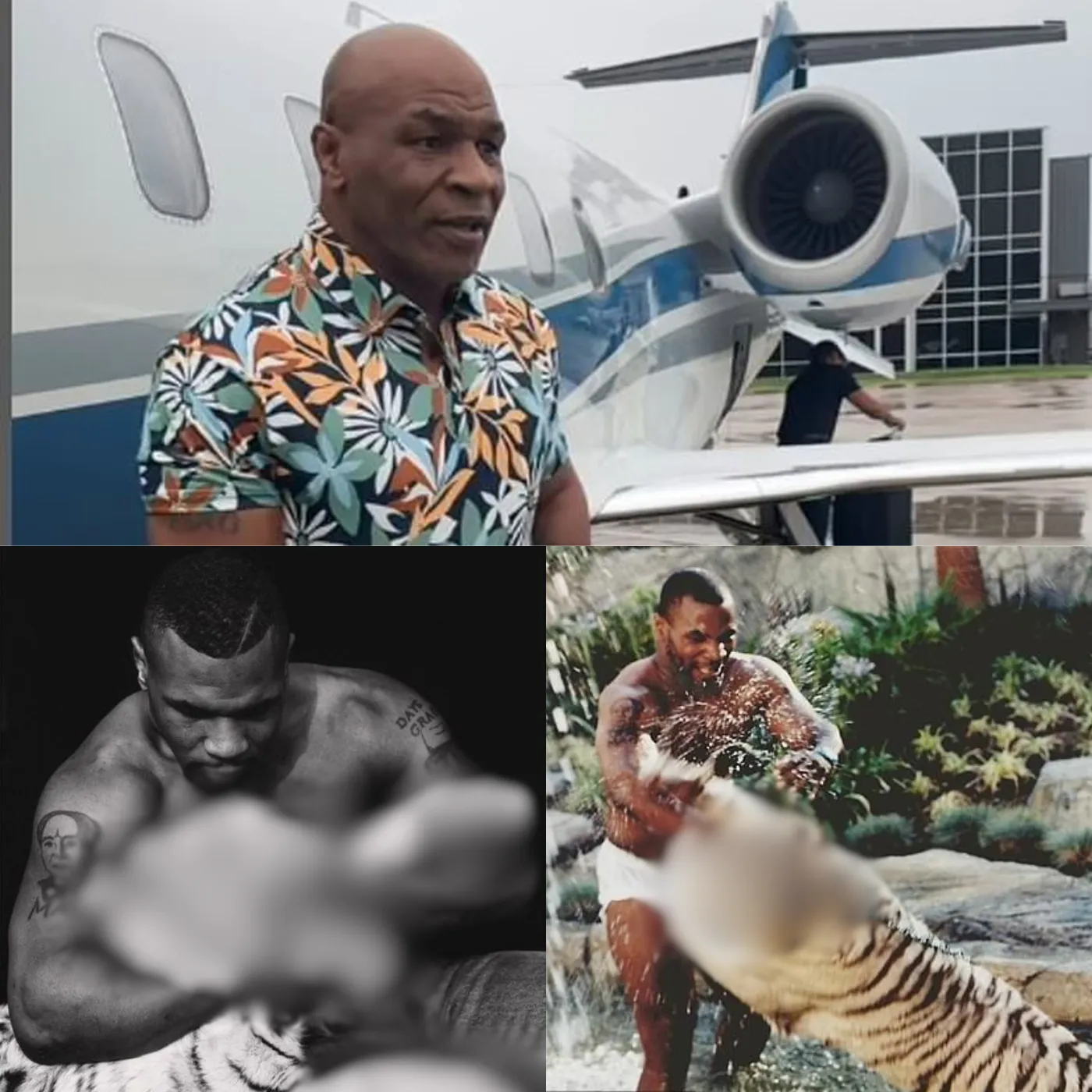
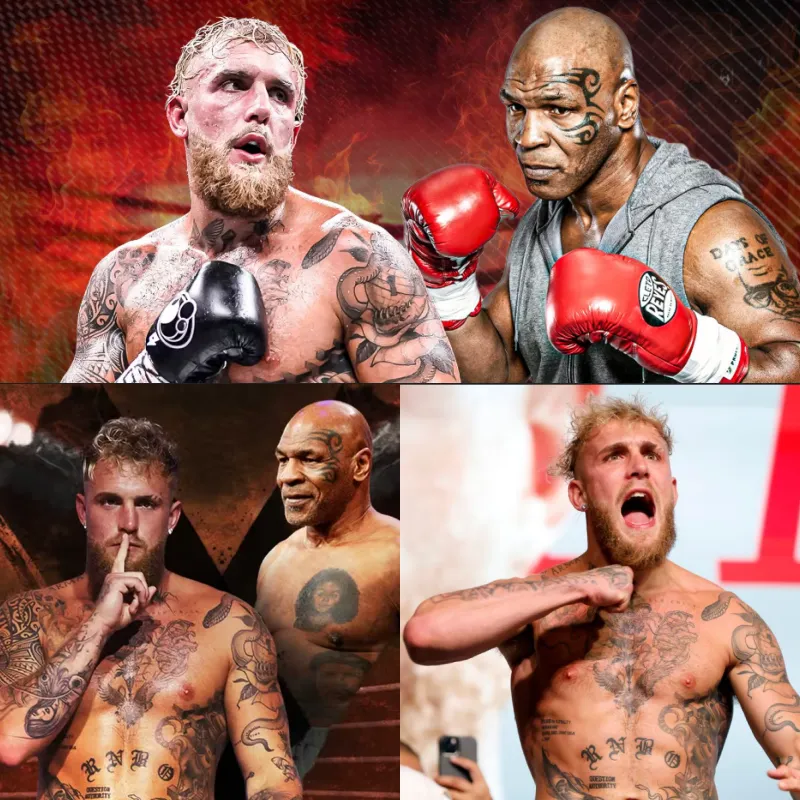

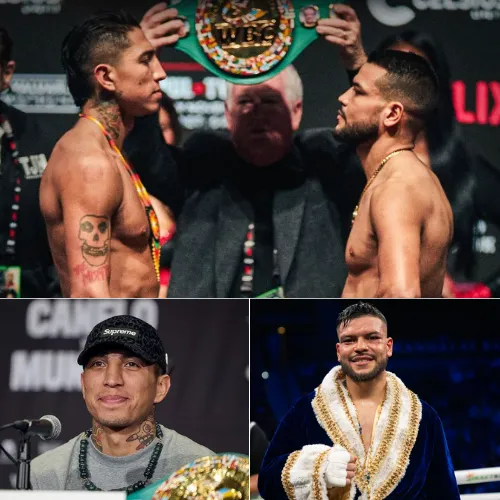
Post Comment